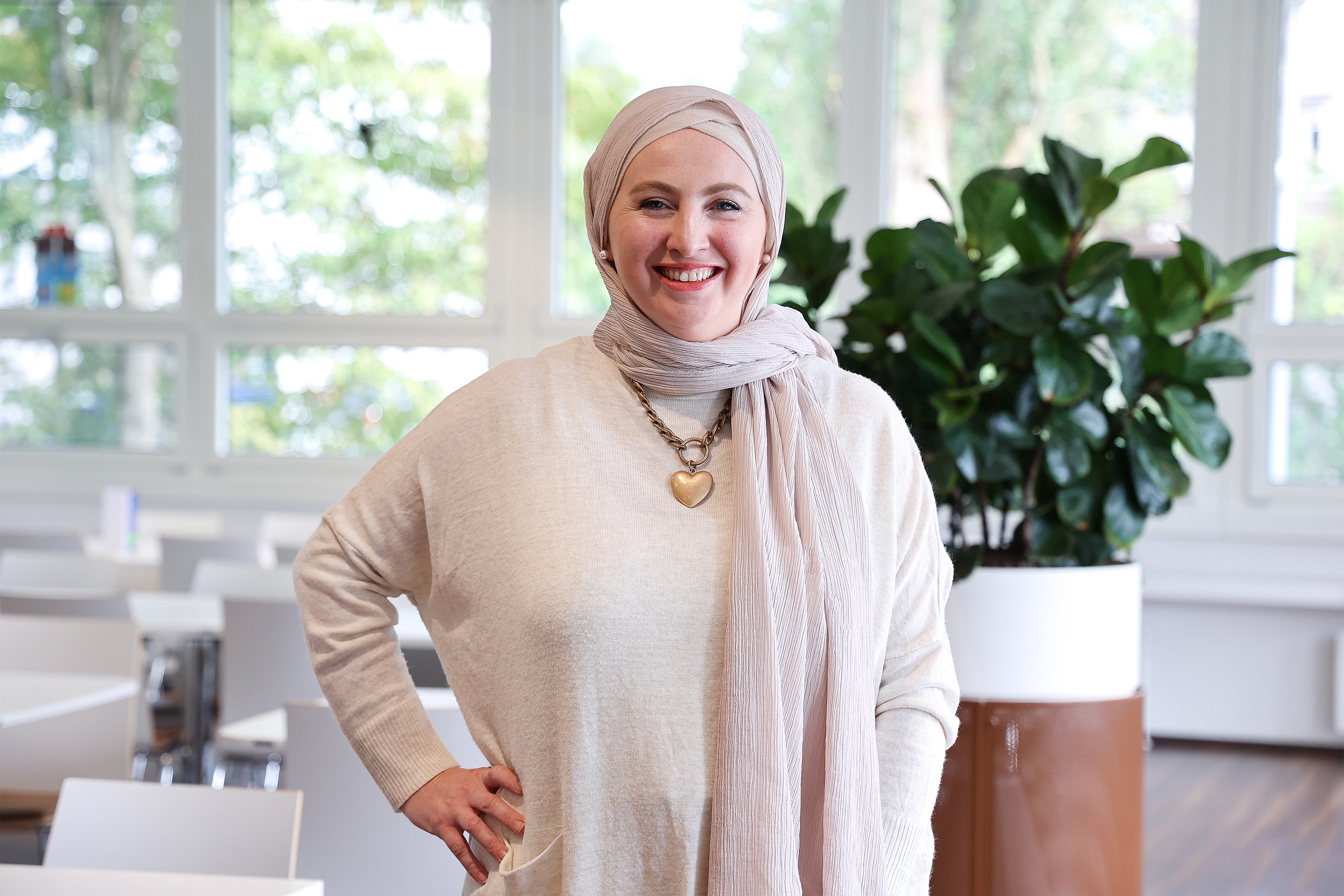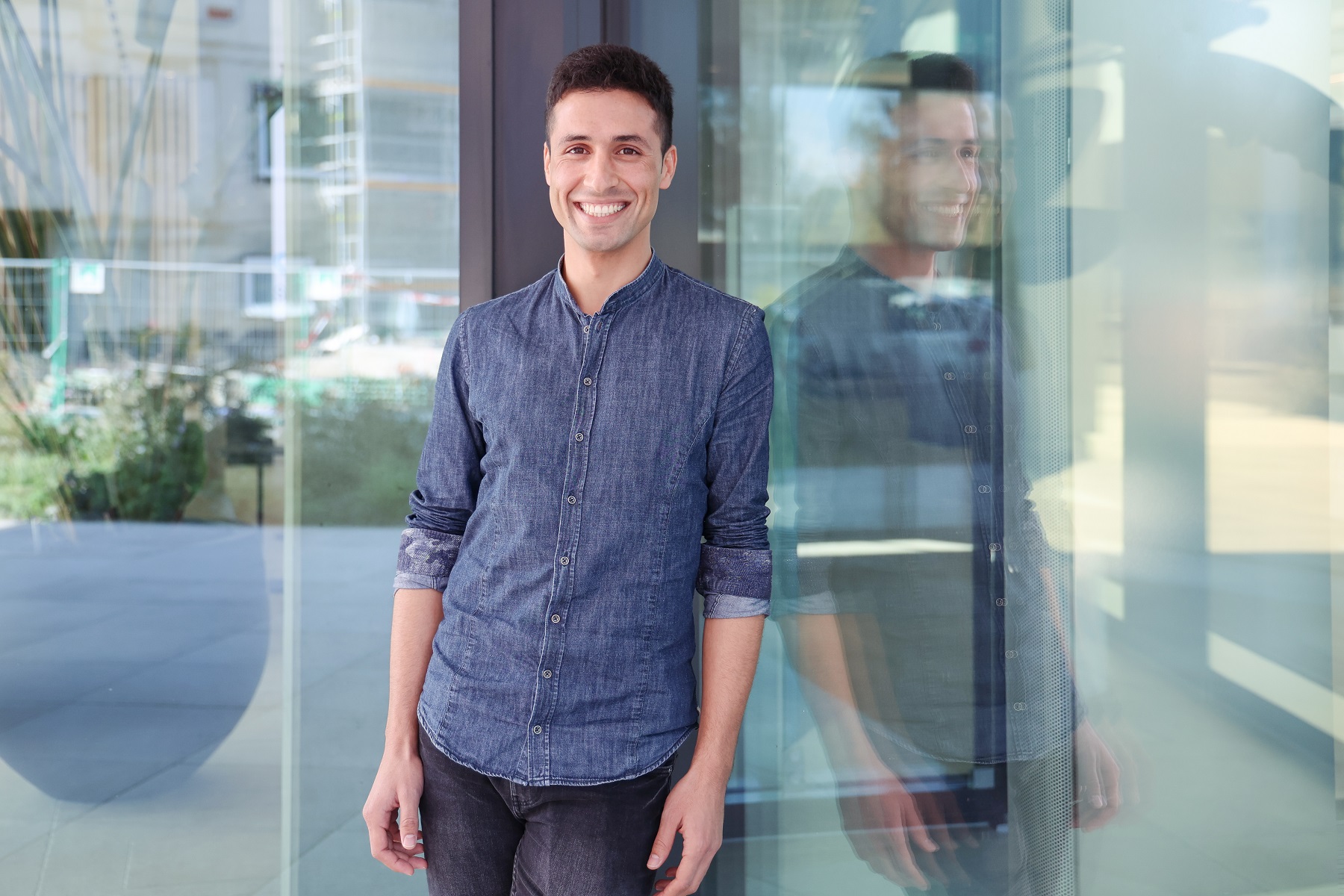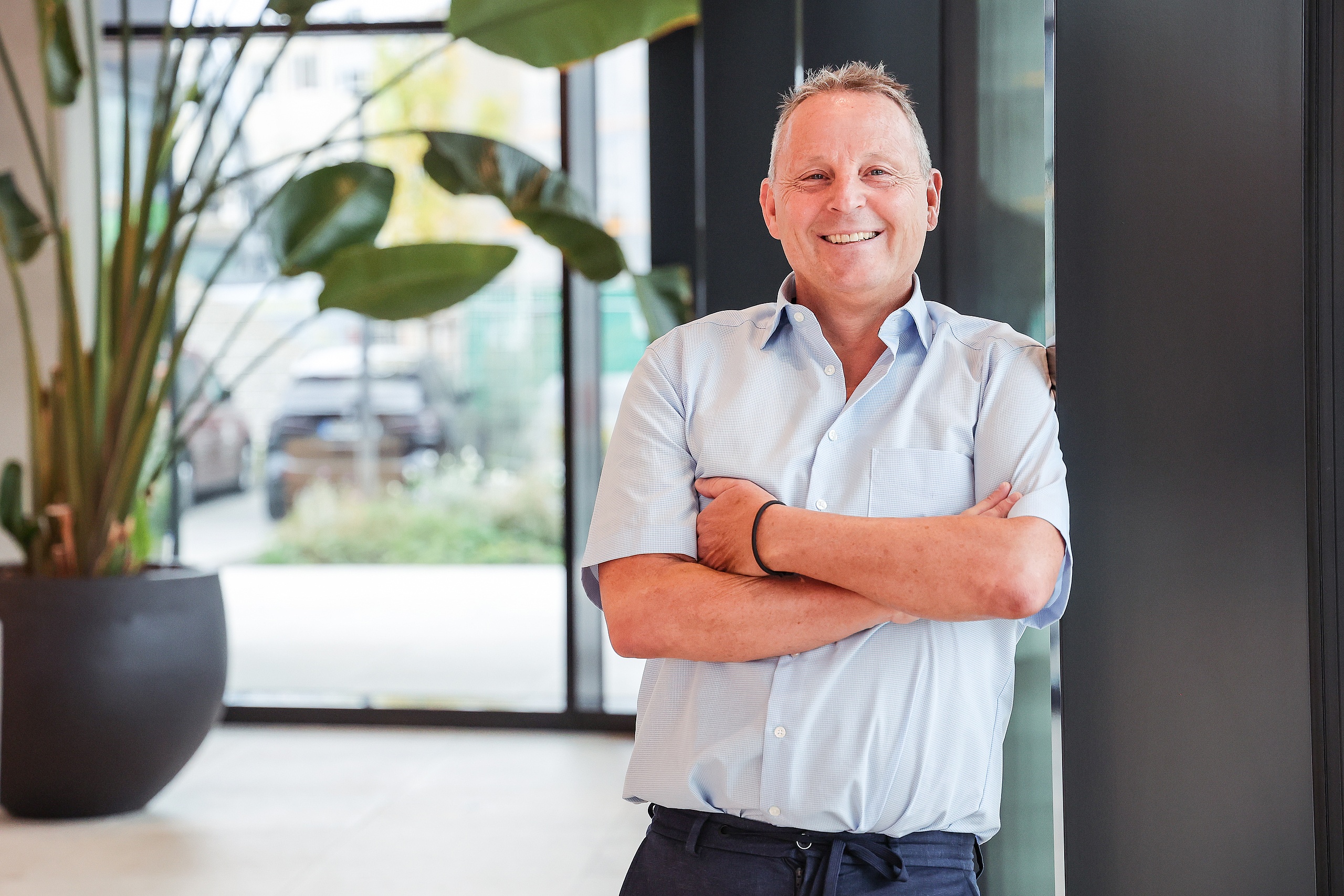
Who are you and what is your role at Vetter?
My name is Mathias Benter and I’ve been at Vetter for 17 years now and I actually work as team manager in Production. I say “actually” because for the past ten years I’ve also held a voluntary position: I am a representative for persons with disabilities and since July 2023 I am able to dedicate part of my working hours to this honorary office (similar to a Works Council chairman).
How did this change come about?
The reason behind my decision is very personal. I am a cancer survivor, and, after my recovery, I realized that I wanted to help people with disabilities on a more impactful level. I’m very happy that I’ve been able to do this at Vetter for a decade now.
You are responsible for a very specific aspect of diversity. What are your responsibilities?
Generally speaking, I am the contact person for all questions, problems and requests that arise from employment relationships involving people with disabilities or serious illnesses.
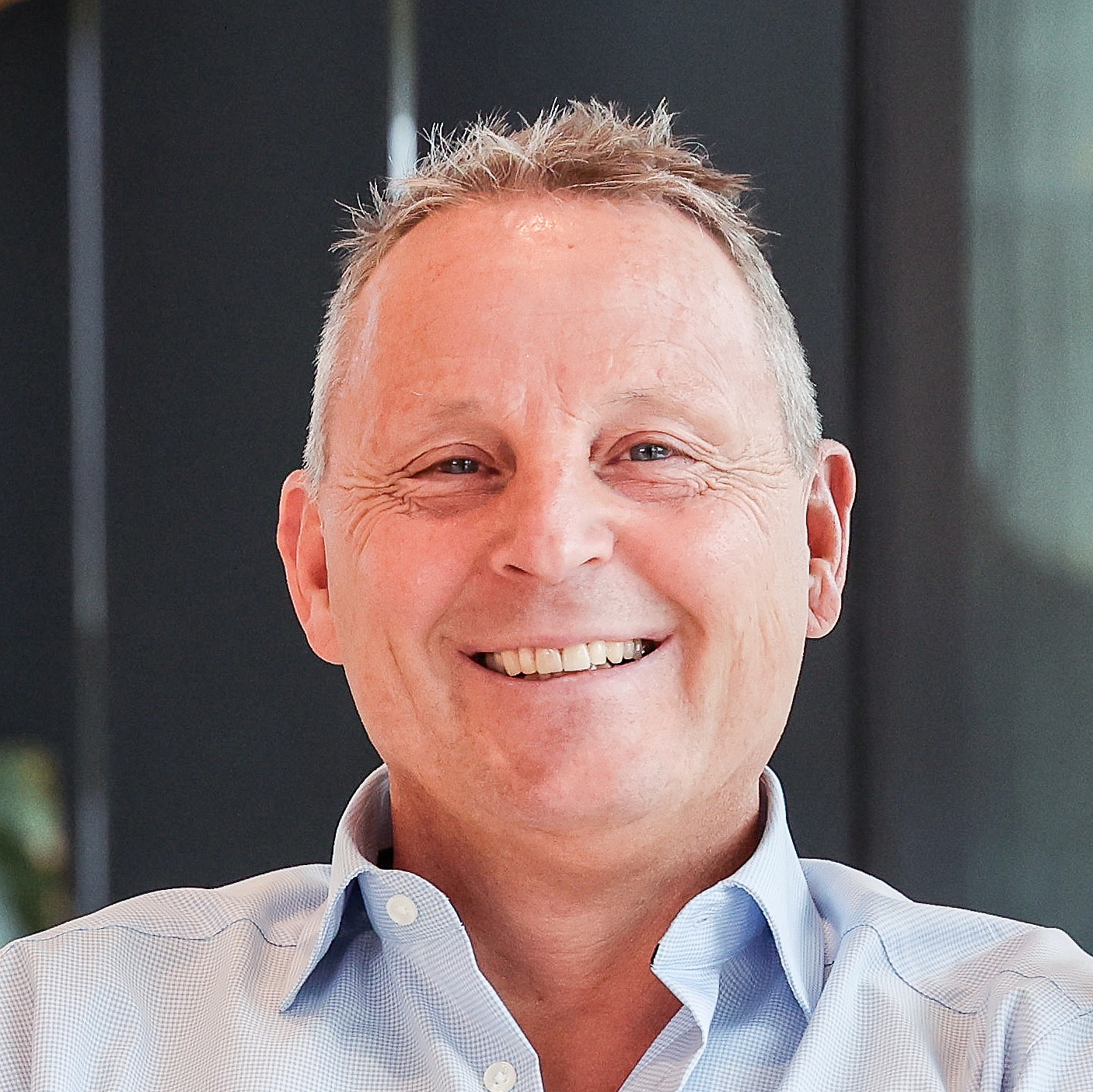
See opportunities when you meet people.
Mathias Benter, representative for persons with disabilities
We are talking about inclusion. What is your impression about how this is evolving?
Very positively. Society, and by extension companies, is changing its way of thinking. I'll give you an example: People with Asperger’s syndrome work at Vetter. Behind it lies an autism spectrum disorder. Those affected have difficulty managing social relationships. They require specific working conditions, and once these are fulfilled, they perform just like everybody else. A type of coaching, provided by managers and myself, often helps.
Has a particular “diversity moment” stood out to you?
One happens every now and again actually. Every time I see how successfully someone with a disability is integrated and every time I feel the gratitude that comes with it, it’s a deeply satisfying feeling. It’s unique every time. Currently, Vetter employs 165 persons with disabilities, and they are 165 unique success stories. This is especially noticeable during rehabilitation, particularly when it comes to reintegration.
What suggestions do you have for making diversity a success?
A good starting point would be to see opportunities when you meet people. Despite possible limitations, which most of the time turn out to be manageable challenges. To think without prejudices. People with disabilities are also highly capable.
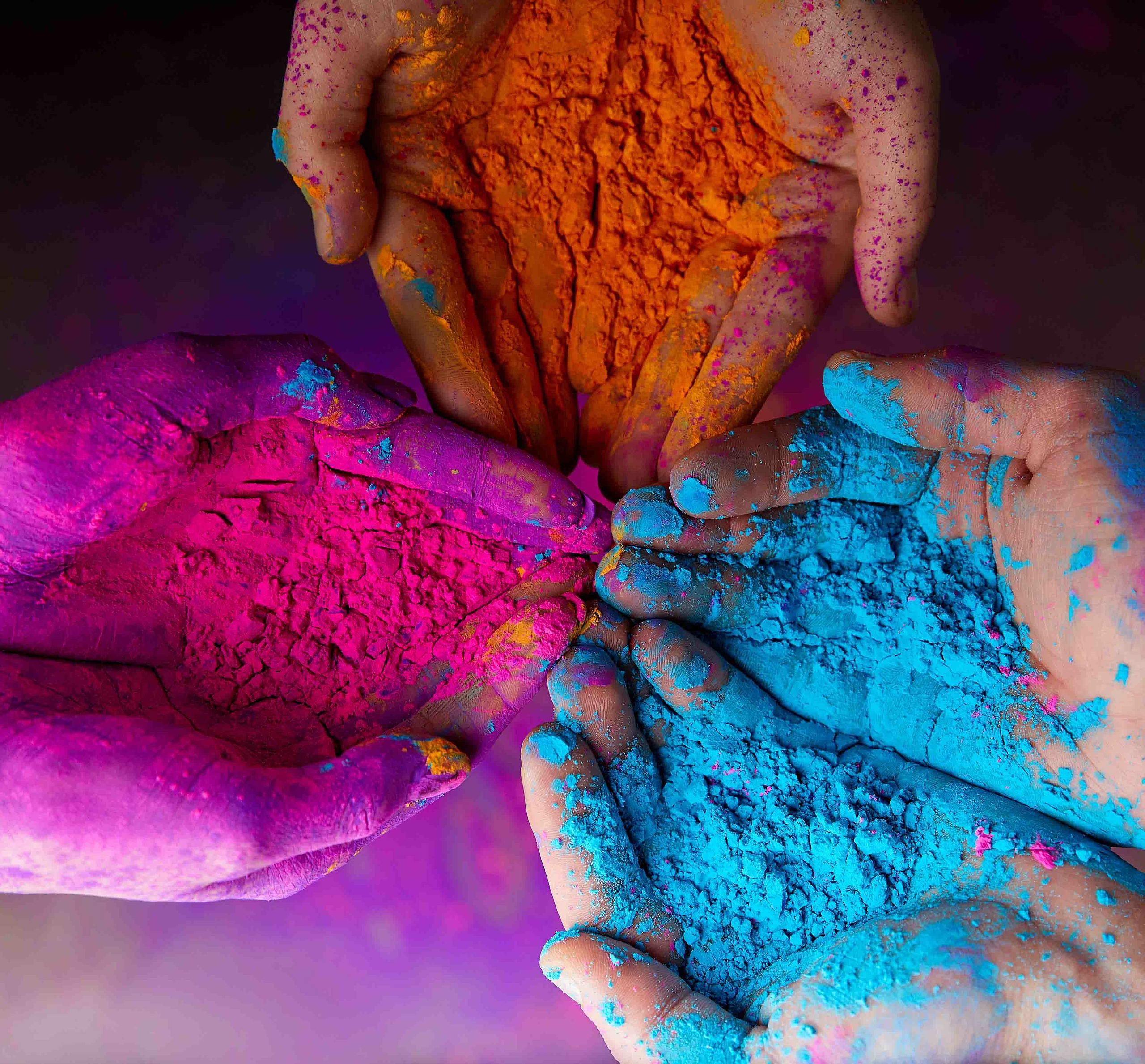
We are diversity
We at Vetter stand for diversity, equal rights, and equal opportunities. We are convinced: It is our diversity that makes us strong.

